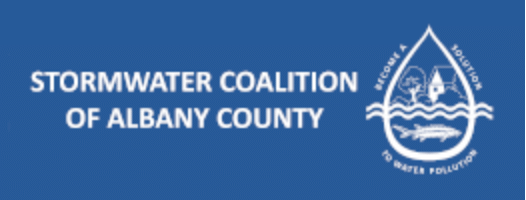Bacteria and viruses are pathogens present in fecal matter which get into stormwater runoff as pet waste, wildlife scat, leaky septic systems, runoff from agriculture, broken sanitary sewers, and cross connections where sanitary lines tie into stormwater lines.
Chlorine, Acid Wash, Erosion (Pools & Spas)
Water from the maintenance of pools, spas, and fountains can pose a major risk for stormwater through erosion, increase in sediments and the addition of pollutants such as chlorine and acid wash.
Gross pollutants include trash, cigarette butts and floatables as well as organic matter such as leaf litter and grass clippings. They can cause blockages in stormwater lines as well as other negative impacts.
Sediments commonly enter stormwater as particles washed off from impervious surfaces (rooftops, pavements) or as erosion from streambanks or construction sites. Excessive sedimentation can change the light penetration of water, clog the gills of fish and negatively impact the breeding and feeding of fish.
Nutrients added to an aquatic environment can cause excessive algae growth and as the algae die the rate of decomposition increases causing oxygen to dramatically decrease. This is known as eutrophication and is harmful to fish other aquatic organisms.
Organics are chemical compounds that are used in the manufacturing of a large variety of products and even at low concentrations they can have serious health implications.
The effects of oil and grease in stormwater include toxicity; the coating of plants and the gills of fish which can prevent the exchange of gases; and unpleasant harmful conditions for swimmers at recreational sites.
Pesticides can include anything from fungicides to insecticides, rodenticides, and herbicides. They get into stormwater by direct application as runoff.
Common metals found in stormwater are copper, lead, cadmium, zinc, and nickel. Metals are a concern because of their potential toxicity and ability to bioaccumulate.
When warmer water from stormwater runoff enters a coldwater system it can negatively impact coldwater dependant species. This is called thermal stress.
Improperly designed and/or maintained stormwater infrastructure offers several preferred habitat requirements for rodents, small animals, and other disease vectors.

